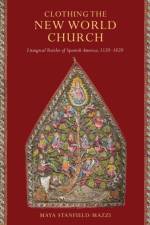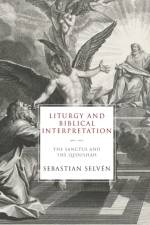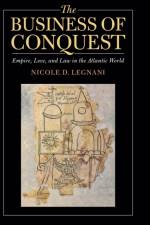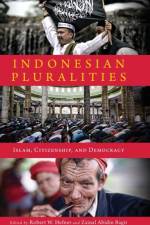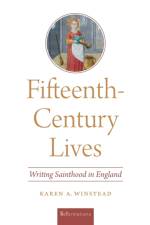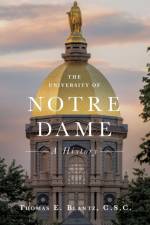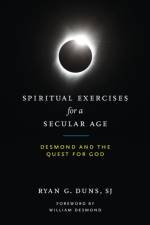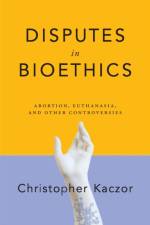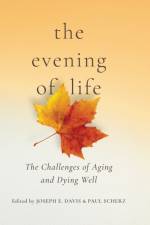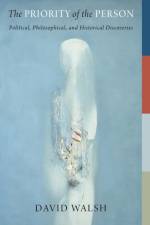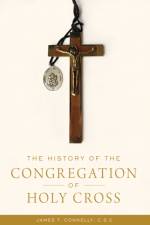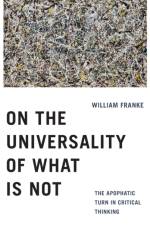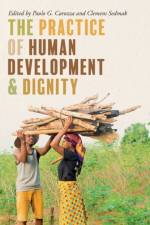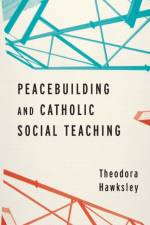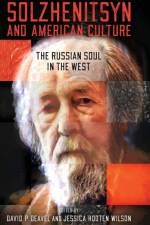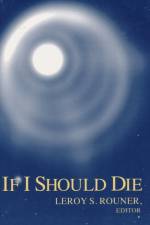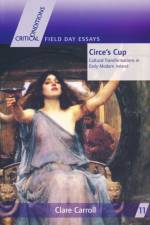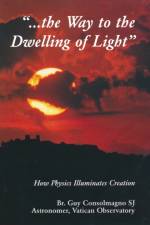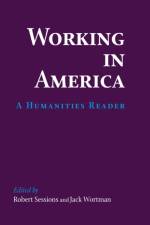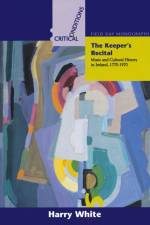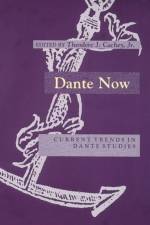- The Challenges of Aging and Dying Well
379
Although philosophy, religion, and civic cultures used to help people prepare for aging and dying well, this is no longer the case. Today, aging is frequently seen as a problem to be solved and death as a harsh reality to be masked. In part, our cultural confusion is rooted in an inadequate conception of the human person, which is based on a notion of absolute individual autonomy that cannot but fail in the face of the dependency that comes with aging and decline at the end of life. To help correct the ethical impoverishment at the root of our contemporary social confusion, The Evening of Life provides an interdisciplinary examination of the challenges of aging and dying well. It calls for a re-envisioning of cultural concepts, practices, and virtues that embraces decline, dependency, and finitude rather than stigmatizes them. Bringing together the work of sociologists, anthropologists, philosophers, theologians, and medical practitioners, this collection of essays develops an interrelated set of conceptual tools to discuss the current challenges posed to aging and dying well, such as flourishing, temporality, narrative, and friendship. Above all, it proposes a positive understanding of thriving in old age that is rooted in our shared vulnerability as human beings. It also suggests how some of these tools and concepts can be deployed to create a medical system that better responds to our contemporary needs. The Evening of Life will interest bioethicists, medical practitioners, clinicians, and others involved in the care of the aging and dying.Contributors: Joseph E. Davis, Sharon R. Kaufman, Paul Scherz, Wilfred M. McClay, Kevin Aho, Charles Guignon, Bryan S. Turner, Janelle S. Taylor, Sarah L. Szanton, Janiece Taylor, and Justin Mutter

